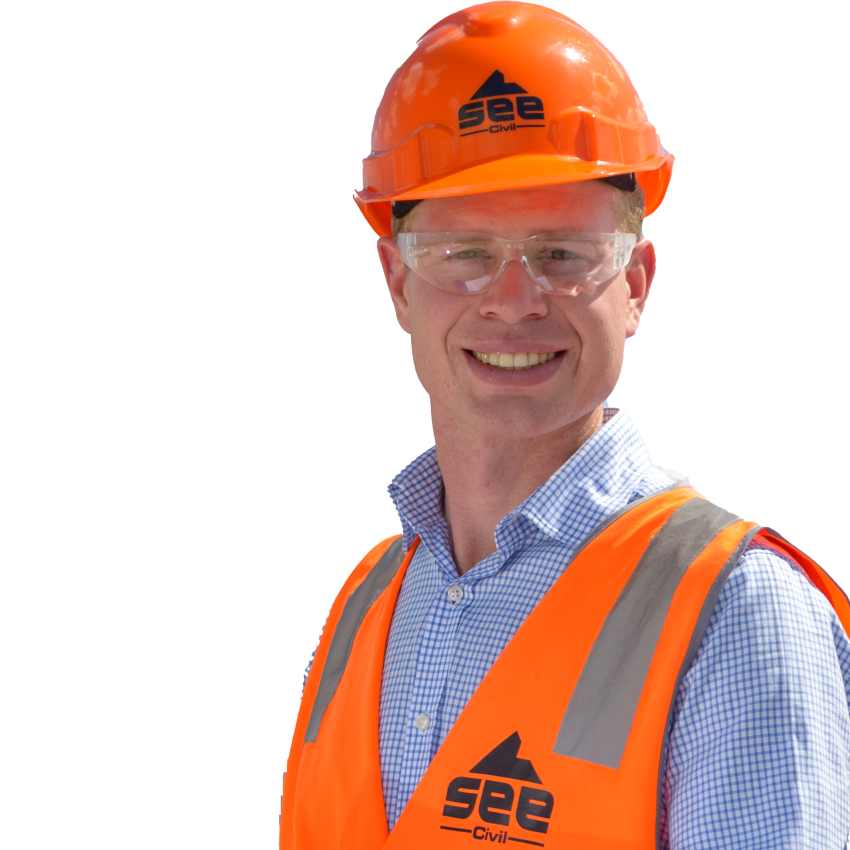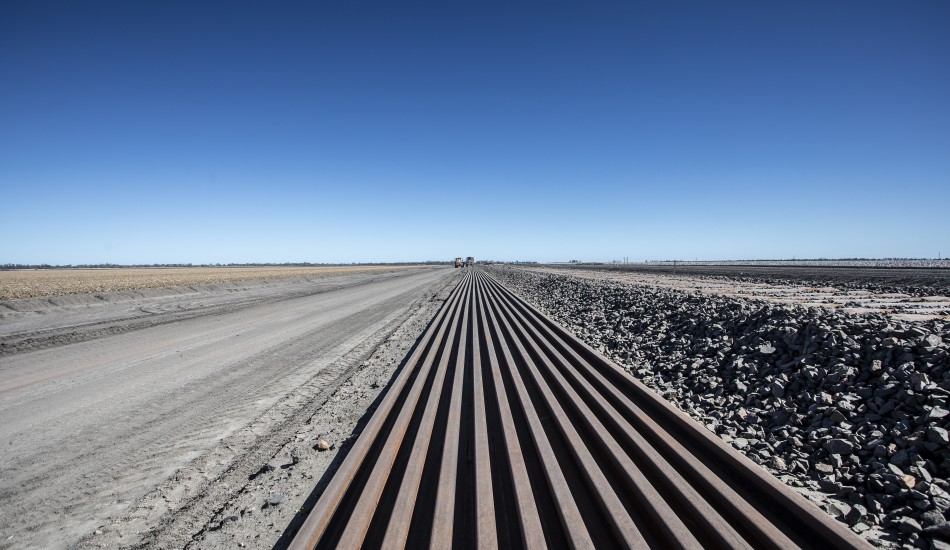
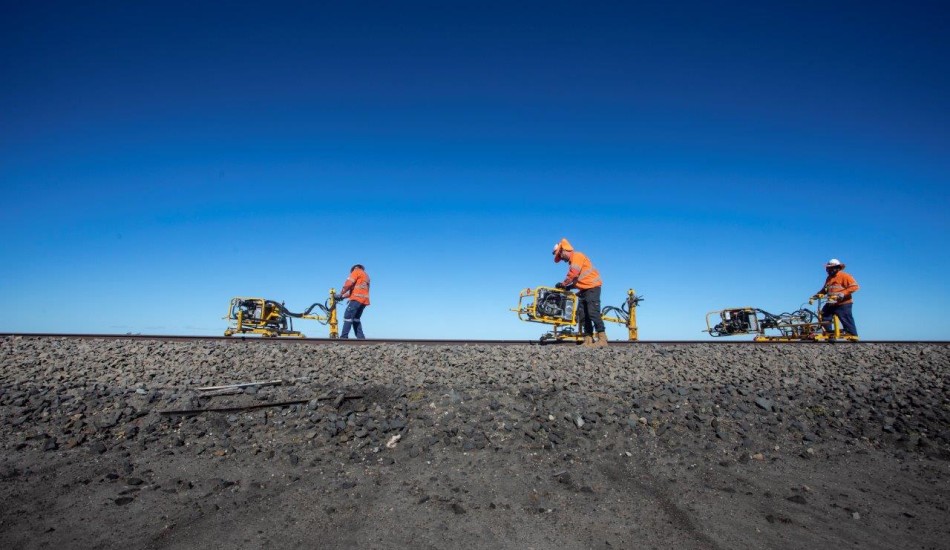
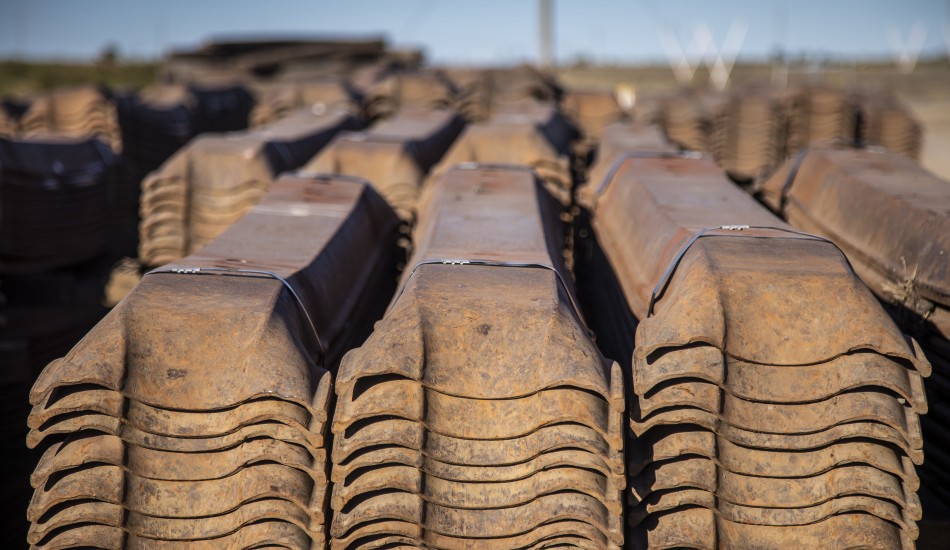
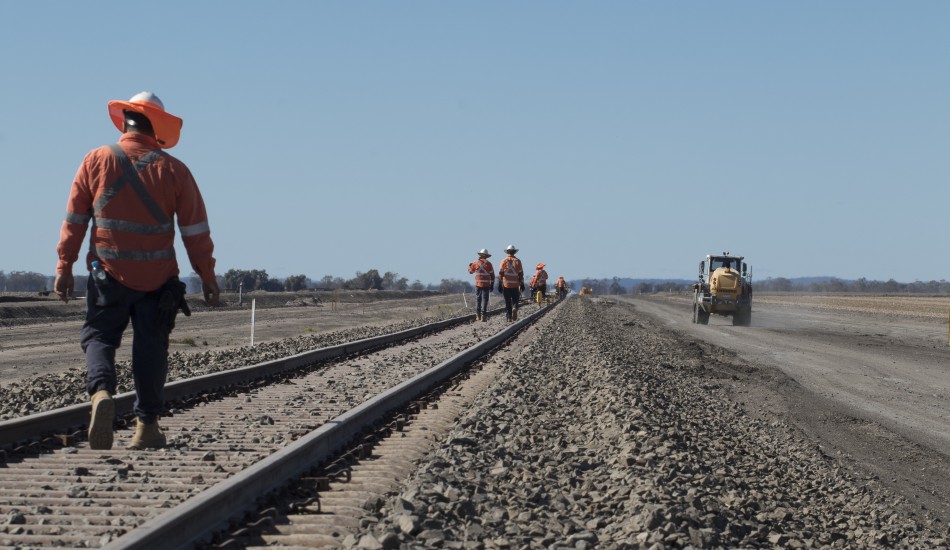
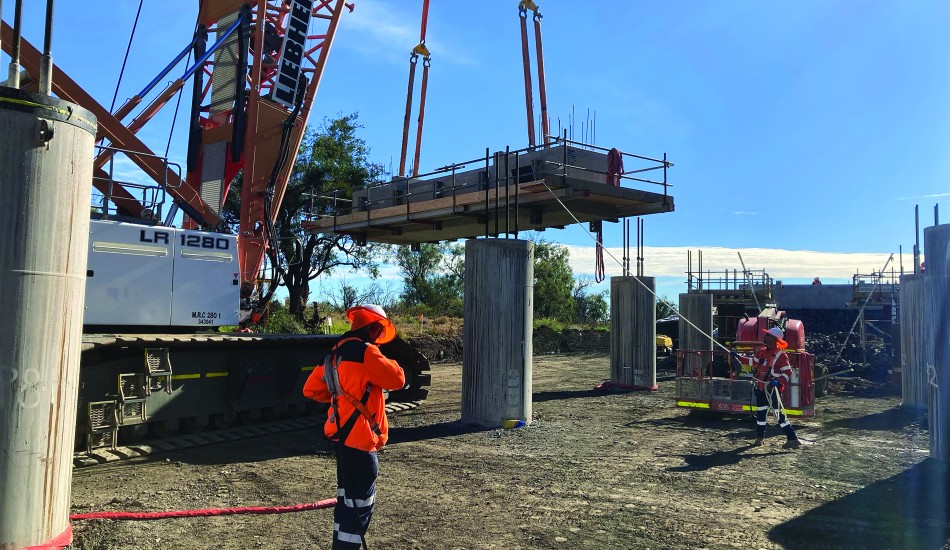
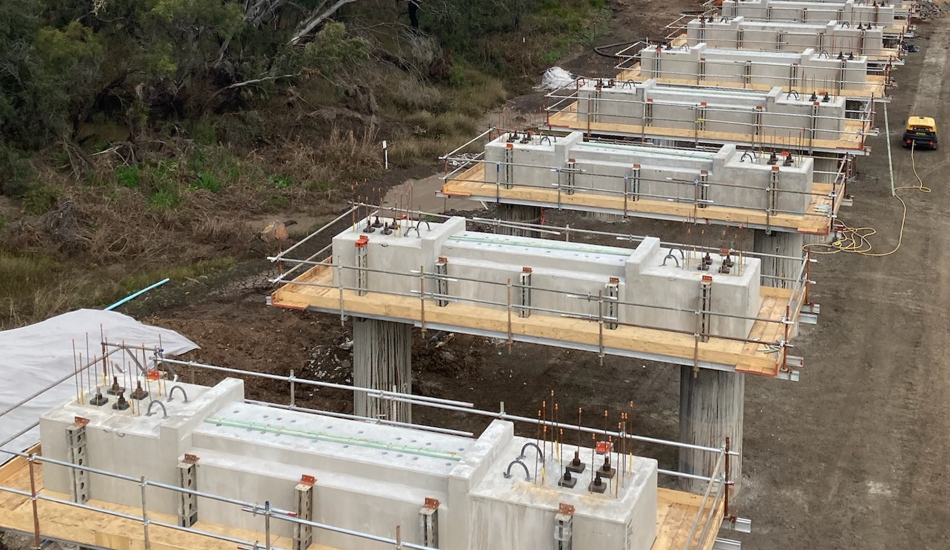
[PROJECTS]
The Narrabri to North Star section of Inland Rail upgraded 171km of existing rail corridor, constructed approximately 2km of new track, demolished and constructed multiple bridges and culvert crossings, and included signalisation, and upgrades to level crossings.
This project delivered a new section of the Inland Rail project that became a 1,700 kilometre freight line connecting Melbourne and Brisbane via regional Victoria, New South Wales, and Queensland.
Trans4m Rail, a joint venture between SEE Civil and John Holland, was appointed the construction contract for Phase 1: Inland Rail’s Narrabri to North Star project in regional New South Wales. The N2NS section is one of 13 projects and crosses three local government areas of Gwydir, Narrabri, and Moree Plains.
Once complete, the new Inland Rail project delivered better connectivity and freight access for regional producers and manufacturers across Eastern Australia.

Trans4m Rail is committed to working with the ARTC (the Client) to generate and imbed initiatives and tangible actions to ensure ARTC’s Inland Rail social performance outcomes are maximised and the local economic benefit is spread across the entire alignment between Narrabri and North Star.
A major driver in Trans4m Rail being successfully awarded the N2NS Phase 1 package was our early engagement and meaningful relationships built with local landowners, Councils, Local Aboriginal Lands Councils, local community groups, local employment organisations including Aboriginal Employment Strategy (AES), and other project stakeholders, prior to the tender being released.
Through our genuine understanding of the community’s drivers, concerns and challenges, we implemented our exclusive ‘Beyond the Track’ initiative, which is Trans4m Rail’s commitment to delivering a legacy beyond the construction works phase. Our aim is to leave a positive legacy which generates long term economic and socioeconomic benefits within communities with the development of skilled local and Indigenous workers.
This is evident when 673 local residents have worked on the project, 183 residents who identify as local and Indigenous have also worked on the project. More than $20.6million has been spent with Australian wide Indigenous businesses and Trans4m Rail can clearly demonstrate its commitment to spend locally with more than $228.7 million spent with 137 local businesses supplying to the project.
Furthermore, Trans4m Rail has provided $100,000 to assist community-based organisations to build vibrant, inclusive and healthy communities, raised and donated more than $35,000 to charitable organisations and volunteered more than 450 hours in the local communities.
The region’s seasonal grain and cotton harvesting takes places each year between November and March and the local farmers require a fully operational rail link between Moree and Narrabri during these times. As such, the project level schedule was undertaken against the following track possession arrangement:
Trans4m Rail is firmly committed to achieving an ‘Excellent’ ISC rating, realising sustainable outcomes for the N2NS Phase 1 project. Throughout project delivery, Trans4m Rail has strived to reduce its impact on the environment, support the community in which we work, and contribute to a sustainable local economy.

WE PRIDE OURSELVES ON THE KNOWLEDGE, SKILLS AND EXPERIENCE OF OUR PEOPLE.
SEE Group builds teams and workplaces where everyone can be their best.
